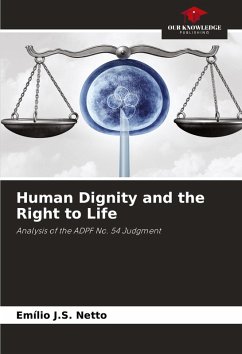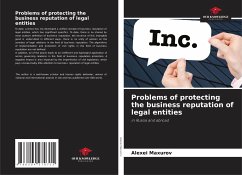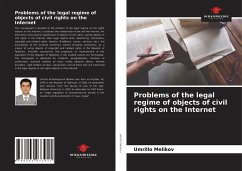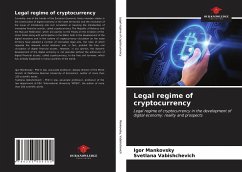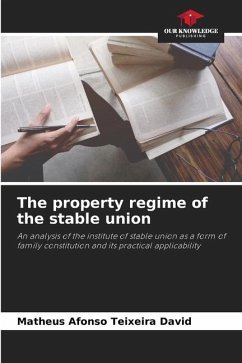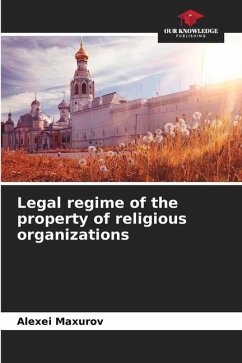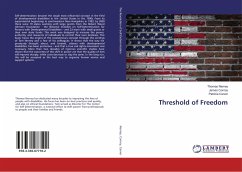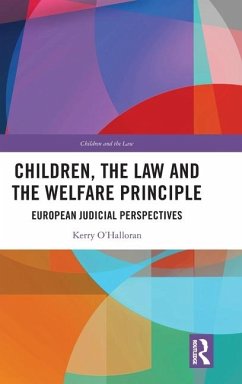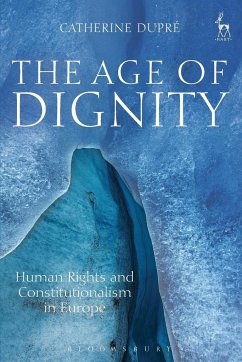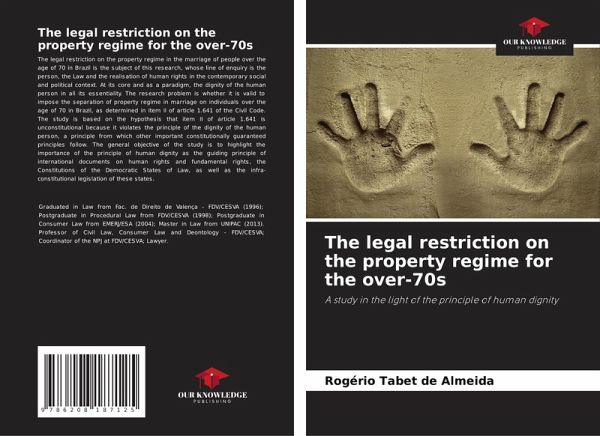
The legal restriction on the property regime for the over-70s
A study in the light of the principle of human dignity
Versandkostenfrei!
Versandfertig in 6-10 Tagen
33,99 €
inkl. MwSt.

PAYBACK Punkte
17 °P sammeln!
The legal restriction on the property regime in the marriage of people over the age of 70 in Brazil is the subject of this research, whose line of enquiry is the person, the Law and the realisation of human rights in the contemporary social and political context. At its core and as a paradigm, the dignity of the human person in all its essentiality. The research problem is whether it is valid to impose the separation of property regime in marriage on individuals over the age of 70 in Brazil, as determined in item II of article 1.641 of the Civil Code. The study is based on the hypothesis that ...
The legal restriction on the property regime in the marriage of people over the age of 70 in Brazil is the subject of this research, whose line of enquiry is the person, the Law and the realisation of human rights in the contemporary social and political context. At its core and as a paradigm, the dignity of the human person in all its essentiality. The research problem is whether it is valid to impose the separation of property regime in marriage on individuals over the age of 70 in Brazil, as determined in item II of article 1.641 of the Civil Code. The study is based on the hypothesis that item II of article 1.641 is unconstitutional because it violates the principle of the dignity of the human person, a principle from which other important constitutionally guaranteed principles follow. The general objective of the study is to highlight the importance of the principle of human dignity as the guiding principle of international documents on human rights and fundamental rights, the Constitutions of the Democratic States of Law, as well as the infra-constitutional legislation of these states.






